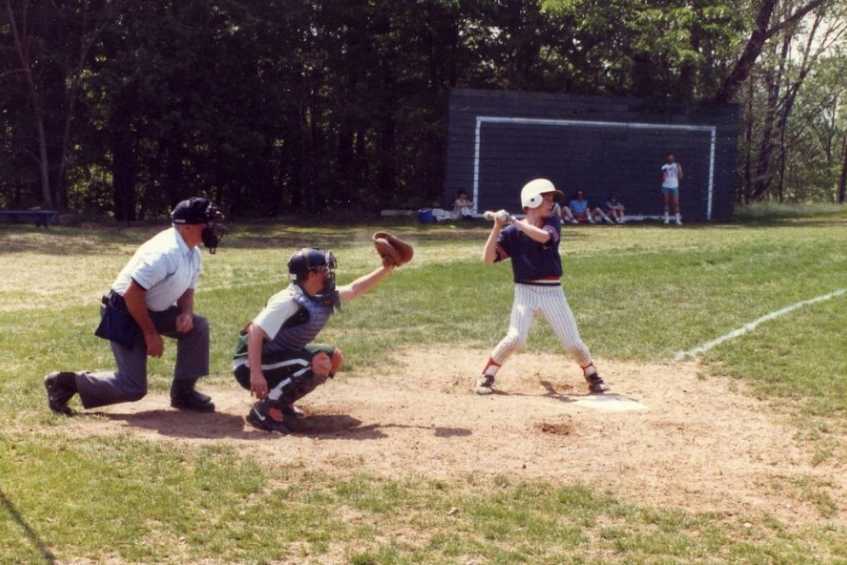
Sunday Setting Sights on Success Tip
No one likes to lose, or at least, if players had their choice, they would choose the opposite. Unfortunately, in sport, someone has to lose, at least in baseball, where there are no ties. An important aspect of youth baseball coaching is helping players learn to cope with losing. A wide range of player emotions exist after losing, anywhere from very distraught to "I could care less." It is never good for coaches to have players with that latter emotion because the "I don't care" attitude does not bring out players' best efforts and drags the whole team down. Having players, who take losing too hard is not good either, as that has the same effect of dragging the team attitude down. 
Youth baseball coaches should help all players deal with winning and losing in healthy ways, and ways that spur the team attitude. Of course, the best way to do that is by example. Coach's attitudes after games set the tone for how players will deal with losing. When coaches rant and begin blaming others for losing, players learn that is acceptable for them to do. Coaches must learn to coach losing by maintaining perspective with an analytical approach to what went wrong on the field. Coaches should never take to accusing and demeaning players and/or umpires for the loss. This does not mean coaches should be happy about losing, because that sends the wrong message also, but they should act in a manner that helps all realize that the team will get over it and continue to work hard for the next game.
At the lower levels and recreational levels of sport, coaches have to be careful of overstating the importance of playing to win, but never the less, playing to win is important and is often the measure of improvement. As players move up in levels, winning becomes more important.
The best way to deal with losing is by molding players into a team. Most "I don't care" players are self-centered, only concerned with their own play, with winning and losing not that important. Players, who get very distraught after losing, often take the blame and believe it their fault that the team lost. As players begin to feel part of something bigger than themselves, a real team, they realize that the group goal of winning is important, as is comforting each other after losing. Good coaches explain that team is all about the whole and the importance of working as one.
The next aspect of dealing with losing involves a deeper definition of it. Richard Bach once said, "Losing in a curious way, is winning." This is an important sentiment to pass on to teams, even though they may have trouble understanding it, at first. The point is that, when teams lose, teams learn from those mistakes and improve because of the losing. Coaches should explain that overcoming bad games and mistakes are what sport, and life, is about, and teams that do it, are winners, no matter the individual game outcomes. Additionally, teams that give as close to one hundred percent, as often as possible, never lose.
After playing major league baseball, Jack Perconte has taught baseball and softball since 1988 and offered valuable coaching training too. He has helped numerous youth players reach their potential, as well as having helped parents and coaches navigate their way through the challenging world of youth sports. Jack is one of the leading authorities in the areas of youth baseball training and coaching training advice.
All Jack Perconte articles are used with copyright permission.There are 0 comments on "Dealing with Losing Lies with Definition of Team - 365 Days to Better Baseball"
chandler allen says:
"Hi my name is chandler, i’ve enjoyed..."
On Wanting to tryout for summer ball. as an 18 year old
david graham says:
"With no current MLB team in Canada,..."
On With no current MLB team in
Charles Chavez says:
"To All Coaches: Do you have13U or..."
On Looking for Games